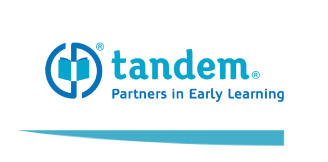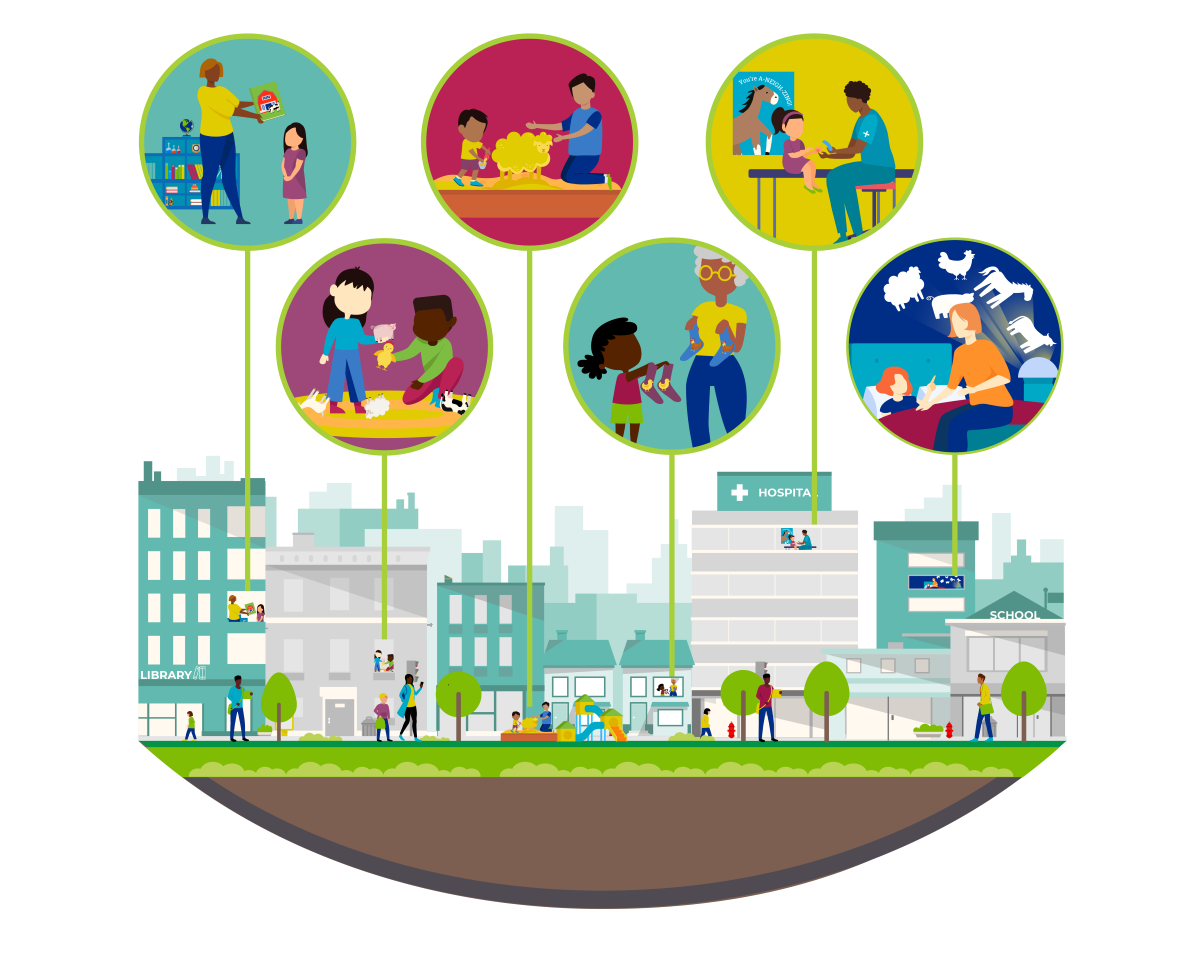Addressing the Impact of Current Immigration Policies on Young Children: Resources for Families, Family Professionals, and Educators
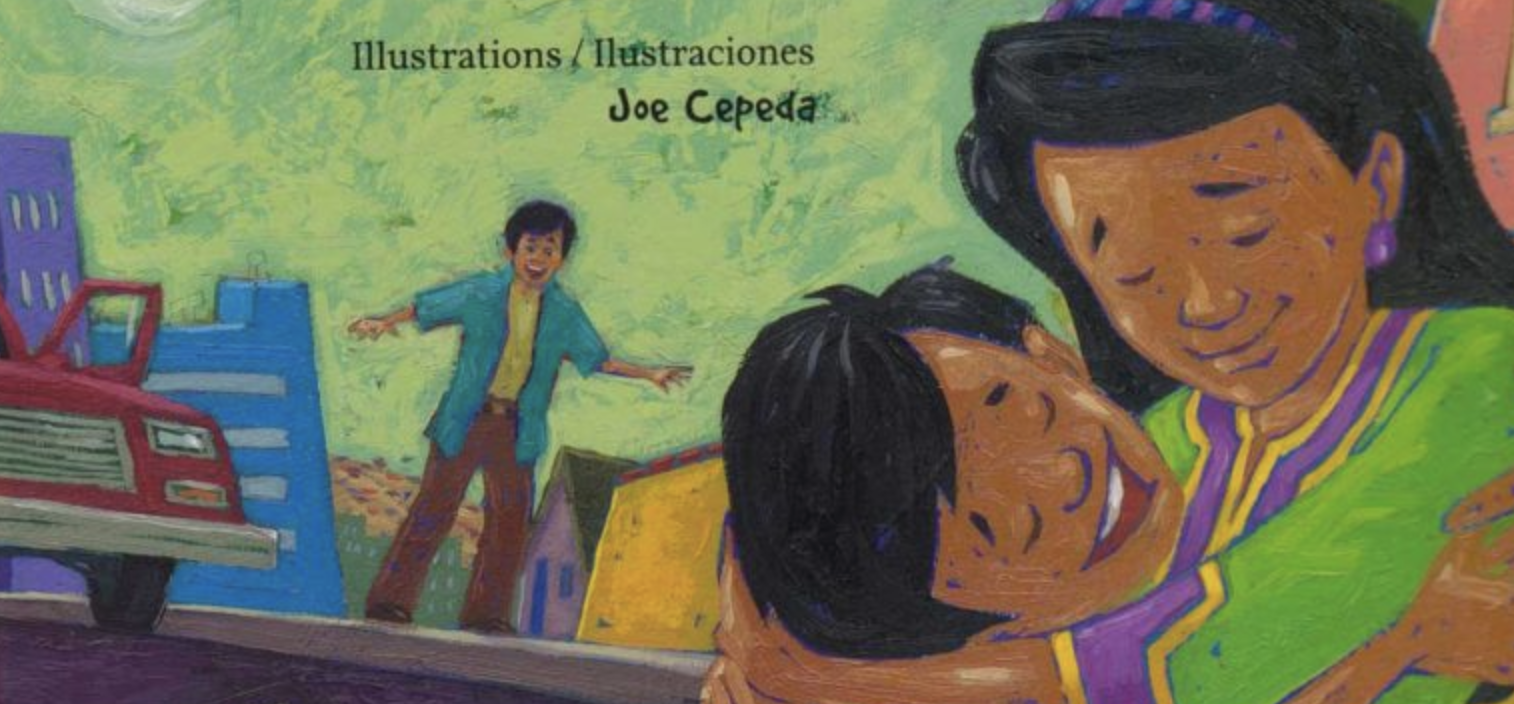
At Tandem, we hold the vision of a just, equitable society where all families have the resources, skills, and confidence to help their children succeed. Our programming reflects this vision by focusing on families, caregivers, educators, and family support professionals; it is aimed at promoting children’s healthy brain development and early learning in a variety of domains.
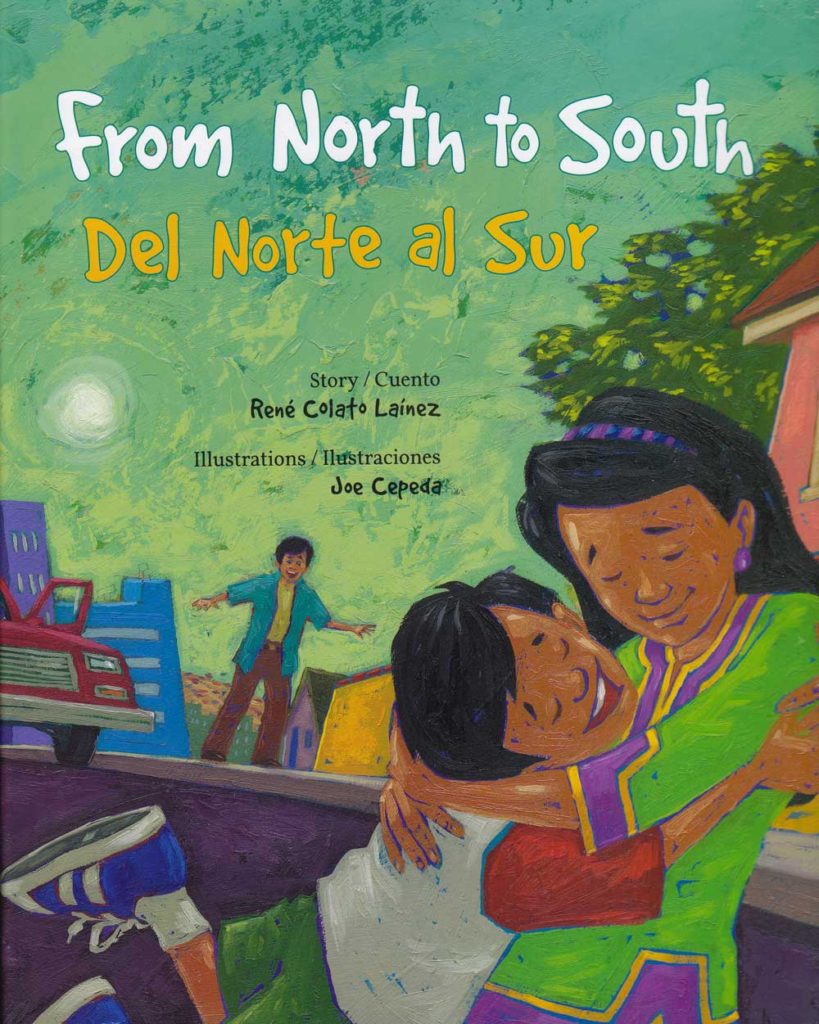 Current immigration policies enacted by the federal administration that separate children from their parents, house children in facilities under inhumane conditions, and prevent families from accessing critical resources strike at the core of Tandem’s mission and vision. In addition to sowing confusion and instilling fear, these policies create stressful, traumatic life experiences for children. The accumulated burdens of family instability and economic hardship that come about when families struggle to meet basic needs like food and shelter cause toxic stress while the separation of a child from their parents are among the Adverse Childhood Experiences (ACEs) associated with trauma. Such experiences disrupt children’s brain architecture and prevent children from growing, learning, and thriving.
Current immigration policies enacted by the federal administration that separate children from their parents, house children in facilities under inhumane conditions, and prevent families from accessing critical resources strike at the core of Tandem’s mission and vision. In addition to sowing confusion and instilling fear, these policies create stressful, traumatic life experiences for children. The accumulated burdens of family instability and economic hardship that come about when families struggle to meet basic needs like food and shelter cause toxic stress while the separation of a child from their parents are among the Adverse Childhood Experiences (ACEs) associated with trauma. Such experiences disrupt children’s brain architecture and prevent children from growing, learning, and thriving.
Tandem’s staff and board of directors stand unequivocally with the immigrant families we serve and their right to protect their children’s most basic right: the opportunity for a healthy, happy childhood. We oppose government policies that harm and traumatize children—and we are in wholehearted support of our partners who have put out statements challenging these policies (First 5 Alameda, First 5 Contra Costa, and Kidango, for example) or materials offering information, guidance for families, links to legal services and lists of providers serving immigrant children and families, and training for providers who work with impacted families.
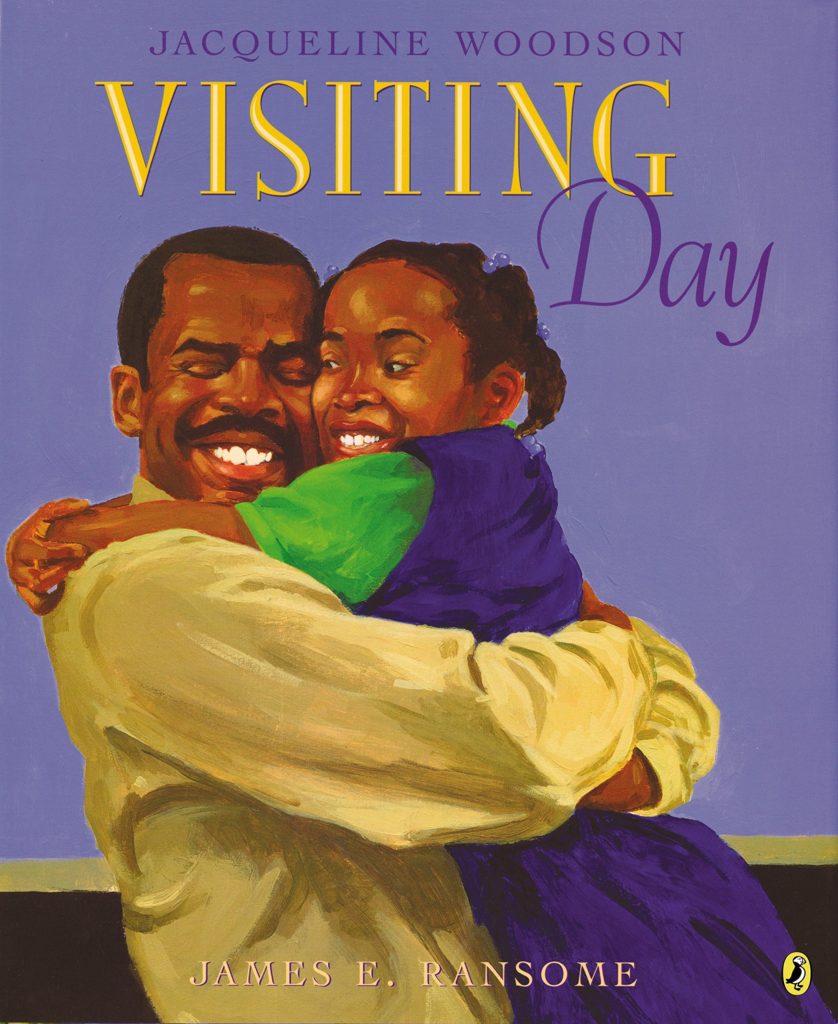 Support for the caring adults in children’s lives
Support for the caring adults in children’s lives
In the face of trauma and stress, the consistent presence of a caring adult is a critical factor that helps children develop resilience. At Tandem, we believe in an intergenerational solution, where caregivers learn information and strategies to help children name, express, and manage their feelings around difficult circumstances. To quote American icon Fred Rogers, “what children probably need to hear most from us adults is that they can talk with us about anything and that we will do all we can to keep them safe in any scary time.”
At the same time, these conversations can be difficult for parents–and in this context, art and stories can help. Children will draw things that they are unwilling or unable to say, and they are often more comfortable making up a story about someone else than talking about their own difficult experiences. Book-sharing routines can offer a safe space where adults can learn how to ask questions that help children unpack their feelings, and where children can develop the vocabulary to describe their emotions. Processing stress and trauma with an adult in the context of a book sharing routine or an art activity can help children build trust, and even rewire a child’s brain to respond differently to overwhelming feelings and emotions.
At Tandem, we have curated a list of books that parents and caregivers can use to surface feelings and facilitate age-appropriate discussions with children about challenging life circumstances(1). We have also developed a handout highlighting the techniques parents and caregivers can use to navigate conversations about difficult topics with children. These materials are all part of our family workshop, Talking about the Tough Stuff, which supports families in developing strategies to manage difficult conversations with children.
Support for the ecosystem that surrounds children
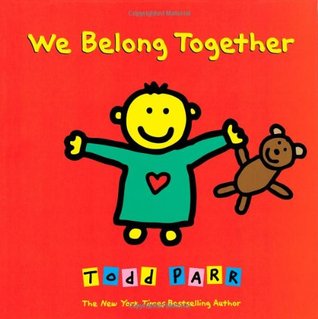 Tandem also values an ecosystem model of support for children. In the context of childhood adversity, where caregivers themselves might be experiencing trauma and stress, it is vital that educators and family support professionals have the training and capacity to provide trauma-informed care to children and families.
Tandem also values an ecosystem model of support for children. In the context of childhood adversity, where caregivers themselves might be experiencing trauma and stress, it is vital that educators and family support professionals have the training and capacity to provide trauma-informed care to children and families.
Our workshop, Supporting Students with Trauma, introduces educators and family support professionals to types of trauma and stress that children and families might be experiencing, and teaches them how trauma and toxic stress work hand-in-hand to change the architecture of a child’s brain. The workshop highlights that children’s “challenging” behaviors are often manifestations of the stress and trauma they experience; it underscores the importance of seeing the child behind the behaviors and helps educators develop their toolbox of strategies for analyzing children’s behaviors and providing appropriate kinds of support. A key component of the workshop is a Trauma Sensitive Support Plan, where educators learn how to use their knowledge of the child’s background and their observations of the child’s behaviors to identify strategies to try at the classroom and individual levels.
Tandem’s commitment to children and families
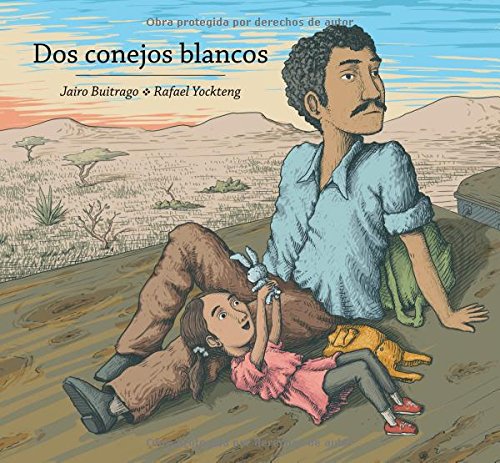 Many of us at Tandem come from immigrant families ourselves. We know that being an immigrant in the United States can be complicated, even when one doesn’t experience traumatic or stressful situations. Tandem joins community leaders and colleagues at partner organizations who have raised their voices protesting current federal immigration policies.
Many of us at Tandem come from immigrant families ourselves. We know that being an immigrant in the United States can be complicated, even when one doesn’t experience traumatic or stressful situations. Tandem joins community leaders and colleagues at partner organizations who have raised their voices protesting current federal immigration policies.
Tandem’s resources (book collections, trainings, and workshops) are intended to support families impacted by current policies as well as educators who act as ‘first responders’ to children and families experiencing stress and trauma. We make our materials available in the community through workshop series and events at various venues. Please contact us if you would like more information about these resources or if you are interested in offering Tandem workshops at your organization. Tandem empathizes with the families we serve—and we are committed to providing the kind of programming that upholds our deeply held values of sparking joy, promoting children’s healthy brain development, and closing the opportunity gap.
1. We strongly recommend that adults review these books ahead of time and exercise their judgment while sharing them with children. Some titles are more appropriate for older children and some may be too graphic for children who were recently traumatized.
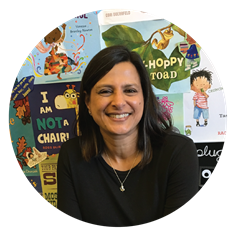
Savitha Moorthy
Executive Director
Savitha was brought up to leave the world a little bit better than she found it. For her, this has meant dedicating her life to improving learning opportunities, experiences, and outcomes for young children, especially those growing up in under-served communities. Savitha holds a PhD in Education from Stanford University and a Masters in Applied Linguistics from the University of Hyderabad, in India.
